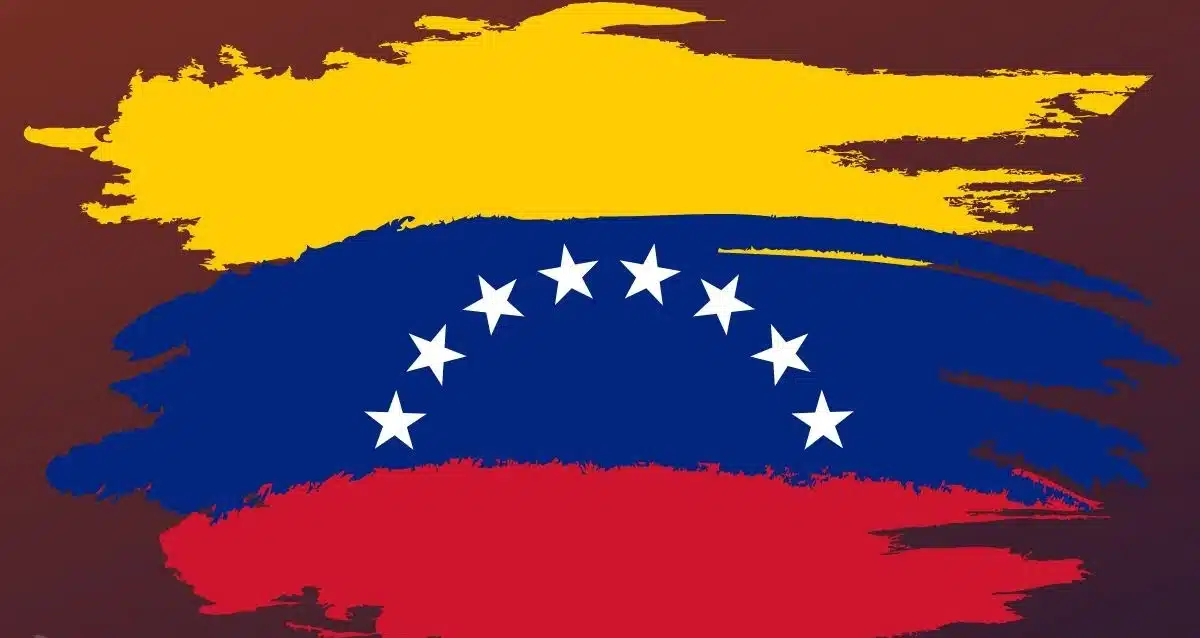- Venezuela adopts crypto payments to bypass U.S. sanctions and trade oil.
- Maduro’s government turns to digital assets to sustain crippled economy.
- China reportedly pays Venezuela for oil directly through cryptocurrency.
Venezuela is reportedly deepening its use of cryptocurrency as a financial survival tool amid harsh U.S. sanctions. According to recent reports, President Nicolás Maduro’s government has begun accepting digital currency payments from China in exchange for oil, bypassing the global banking system dominated by the United States.
By shifting to crypto-based settlements, Caracas is creating an alternative payment route that shields its oil trade from American financial scrutiny. This strategy marks one of the most ambitious national-level experiments with cryptocurrency as a means of economic resistance.
Also Read: ChartNerd: ‘5x-10x XRP is Very Doable’ – Here Are Key Levels For a Blow-Off-Top
It also underscores how digital assets are gradually becoming instruments of geopolitical strategy, especially for sanctioned states seeking economic relief.
Maduro’s administration reportedly authorized local crypto exchanges to handle incoming transactions from these oil deals. The move effectively enables a parallel financial system, separate from the conventional one that remains heavily restricted under U.S. sanctions.
Consequently, Venezuela is now managing a significant portion of its oil revenue through blockchain-based transfers rather than through traditional financial intermediaries.
Economic Strain and Strategic Adaptation
The tightening sanctions from the Trump administration dealt severe blows to Venezuela’s oil-dependent economy. These measures blocked the country’s access to international financing and isolated its state-run oil company, PDVSA, from global markets. As a result, the government was forced to innovate or face deeper economic collapse.
To mitigate these challenges, Maduro began preparing early by authorizing the establishment of state-approved cryptocurrency exchanges shortly after Trump secured re-election. This preparation laid the groundwork for today’s crypto-driven trade mechanism, which allows the country to sell oil and receive payments outside the U.S.-controlled financial framework.
Economic experts have warned that despite temporary relief, the nation faces worsening inflation. Projections suggest that inflation could jump from 50 percent to nearly 600 percent next year, pushing Venezuela closer to hyperinflation if no corrective measures are taken.
Meanwhile, Vice President and economic minister Delcy Rodríguez is reportedly driving privatization efforts across Venezuela’s energy sector. She has handed several small oil fields to private investors in a bid to stabilize production and attract foreign capital.
The combination of privatization and cryptocurrency trade appears to be the government’s dual-track approach to rebuilding the economy under sanctions.
The Uncertain Future of Venezuela’s Crypto Strategy
While the use of crypto has offered a financial lifeline, questions remain about its long-term sustainability. The system’s dependence on volatile digital assets could expose the economy to new forms of instability.
Still, for a nation struggling under external pressure, Venezuela’s experiment with digital assets may signal a new era in global sanctions resistance. The country’s growing reliance on cryptocurrency highlights how financial innovation is becoming a crucial instrument in geopolitical survival.
Also Read: Ethereum ETFs Face Major Outflows as Investors Shift Focus – What’s Next for ETH?
